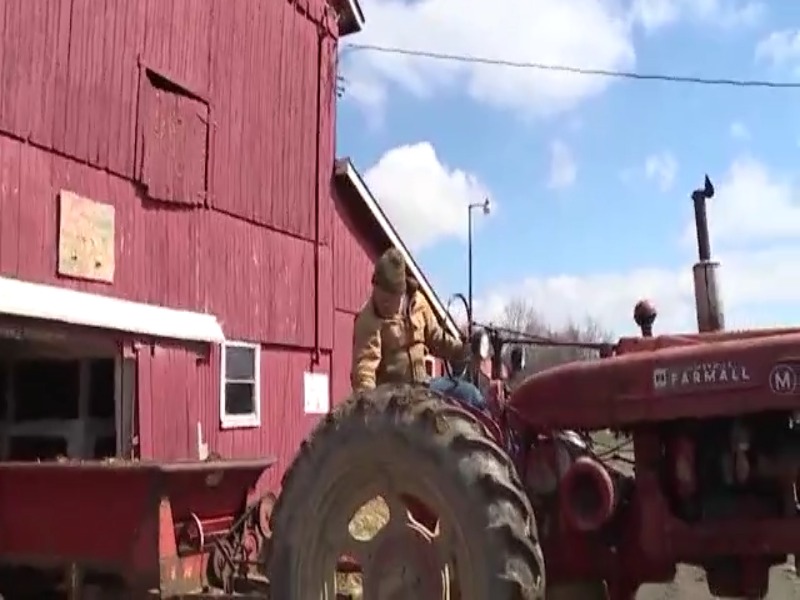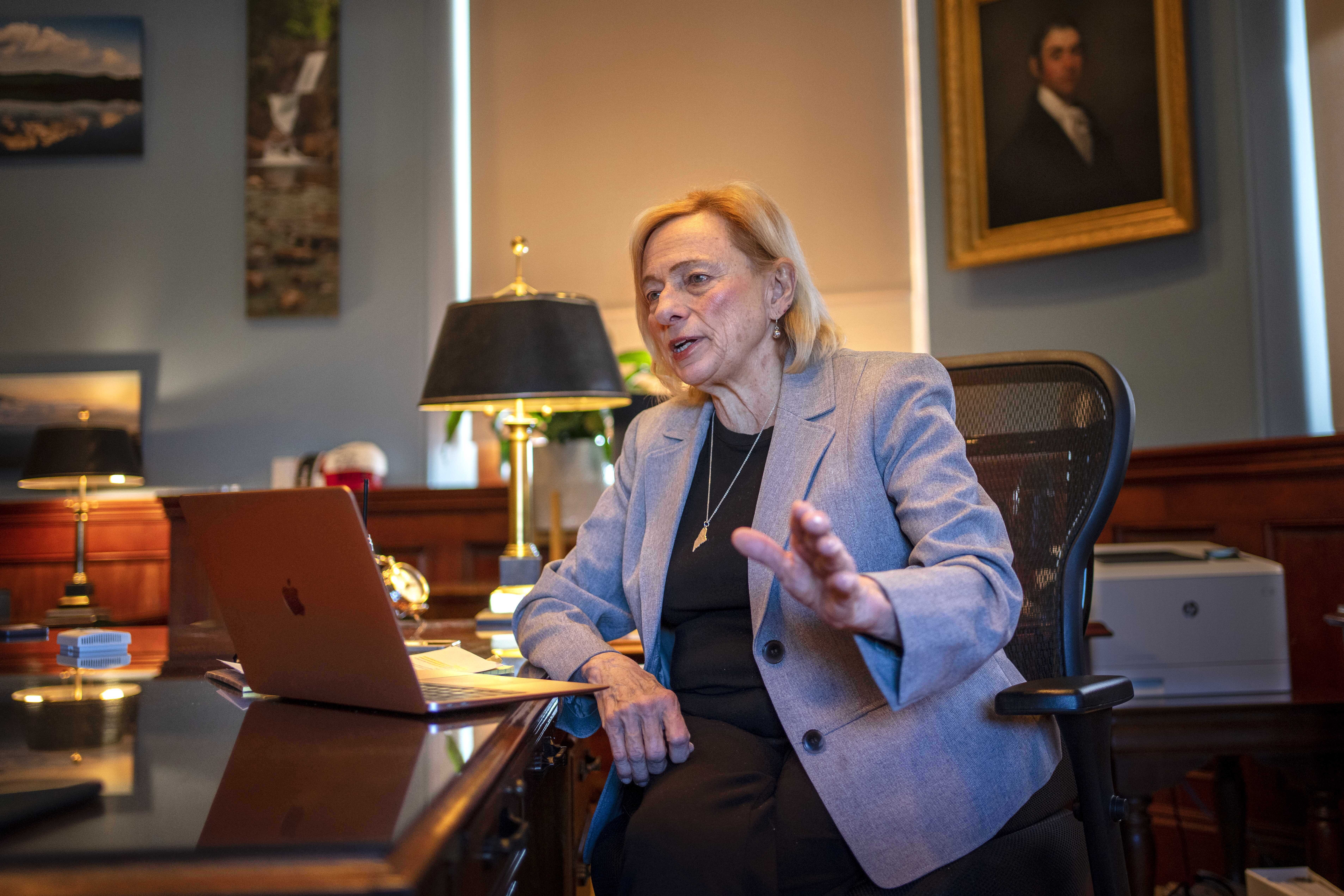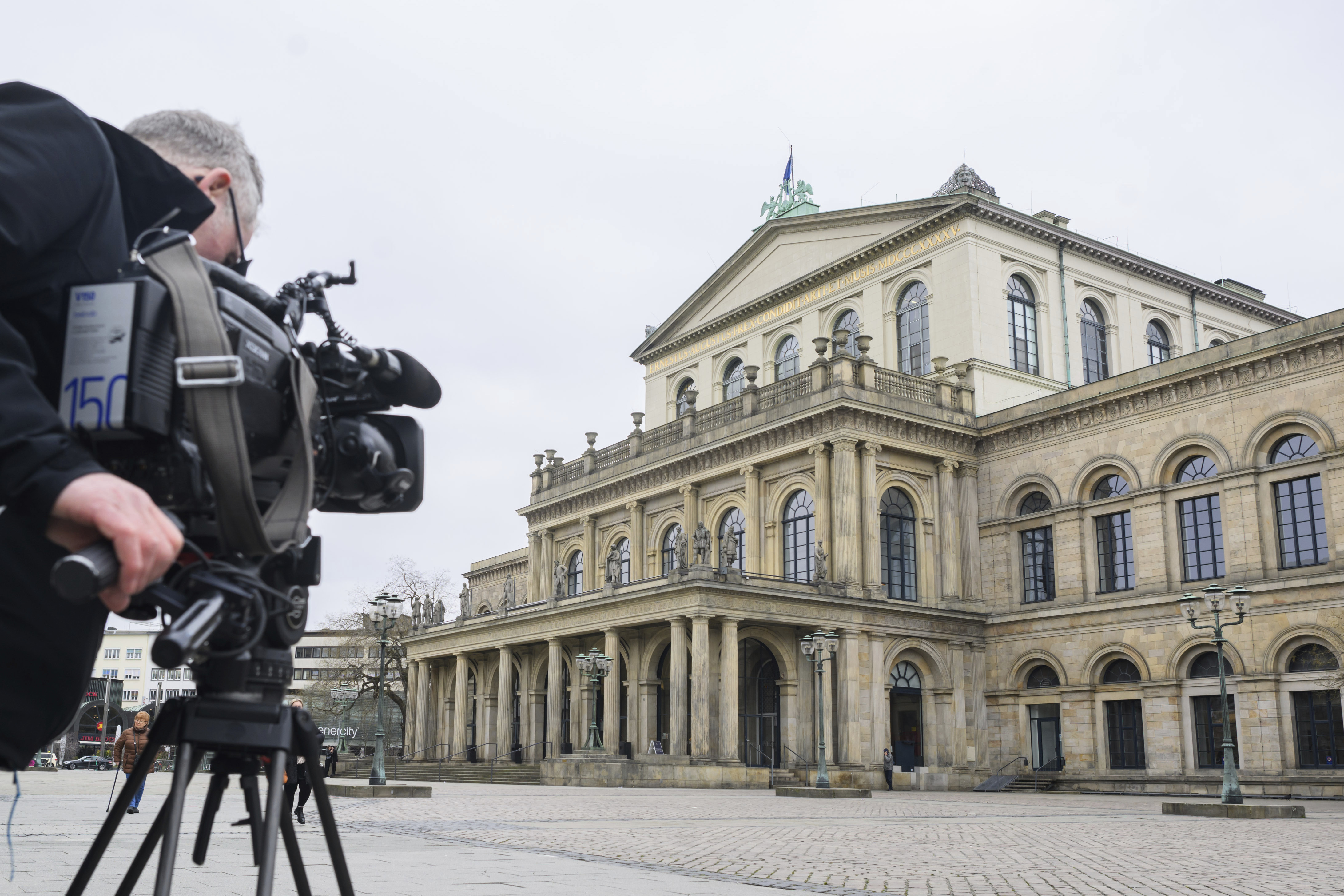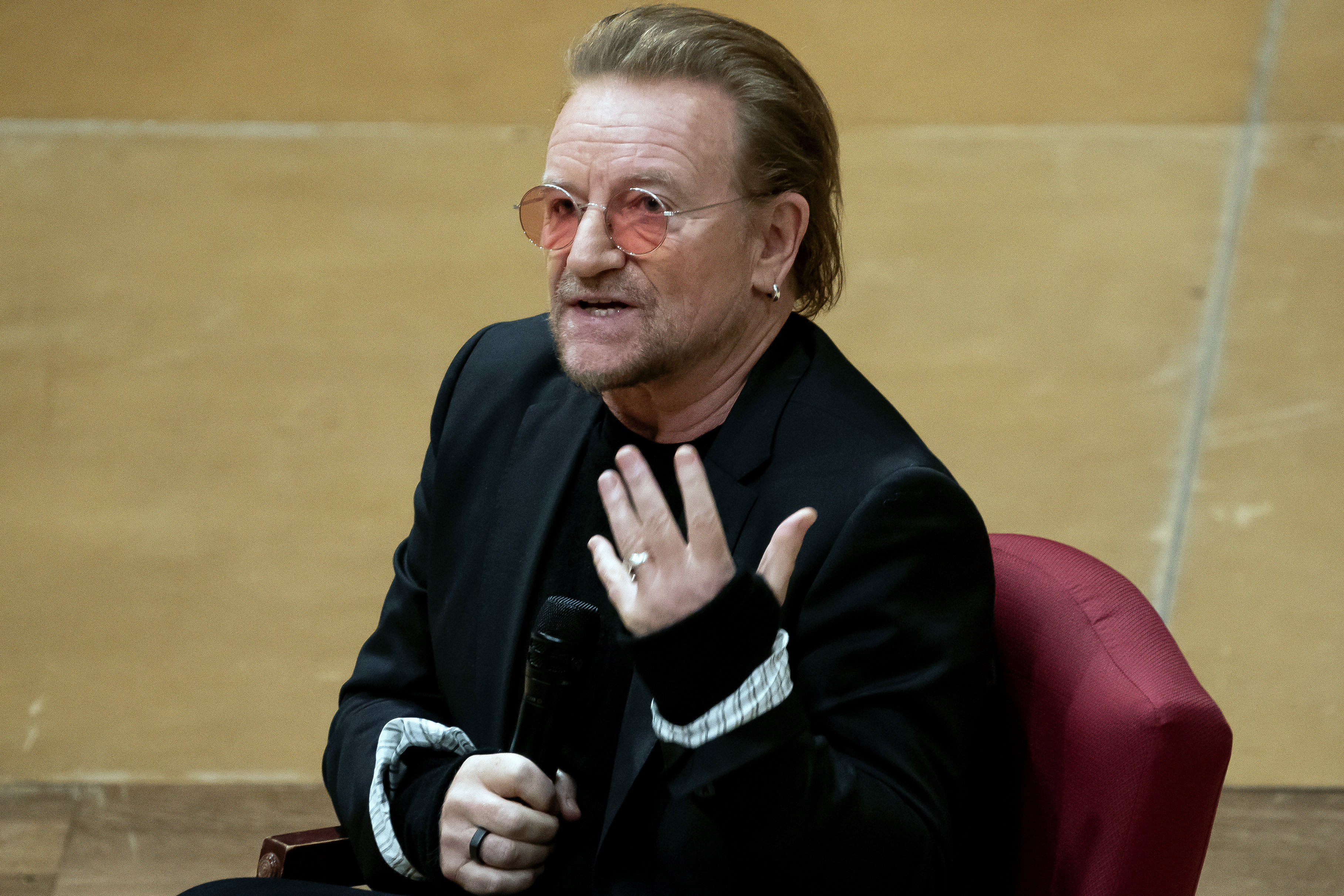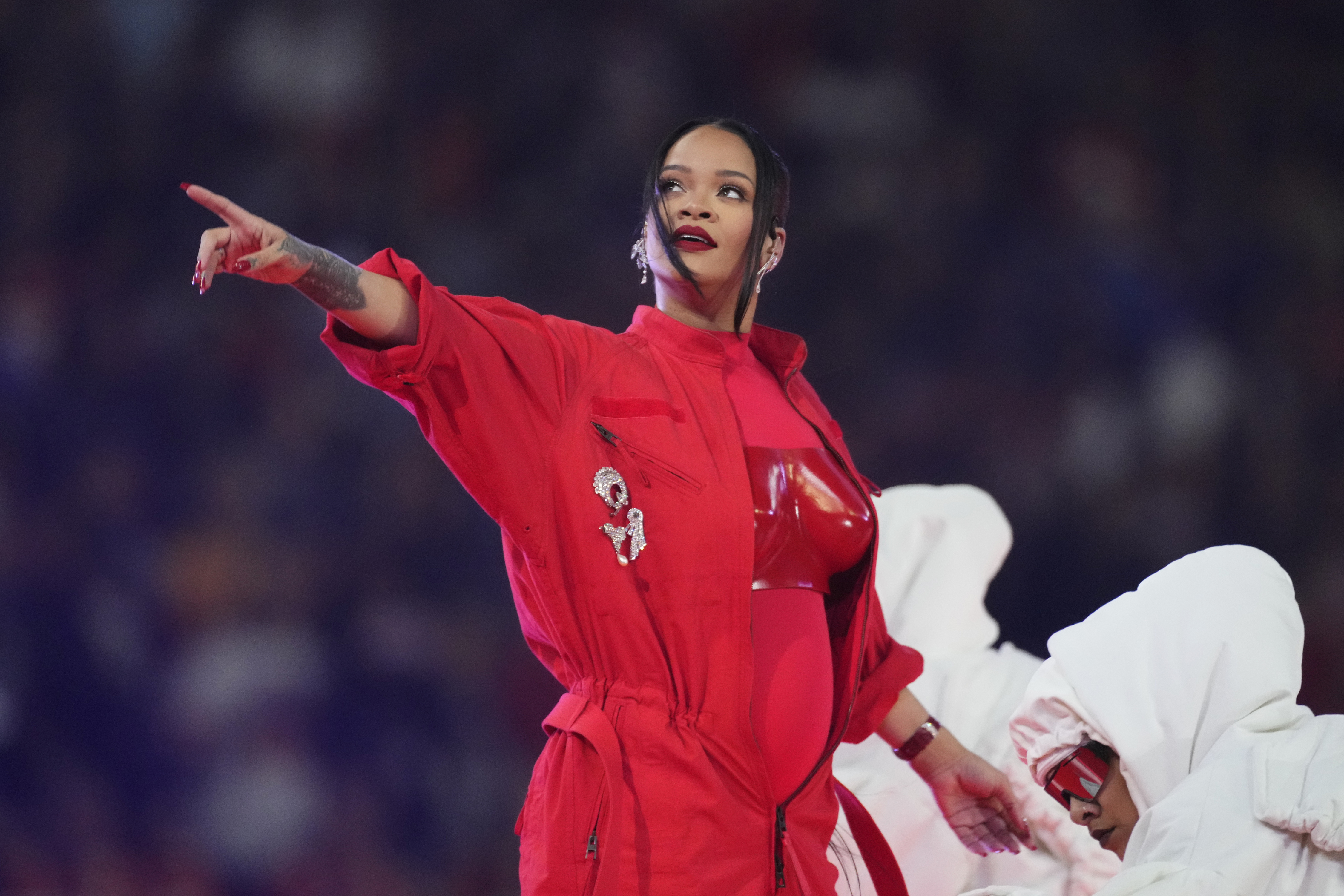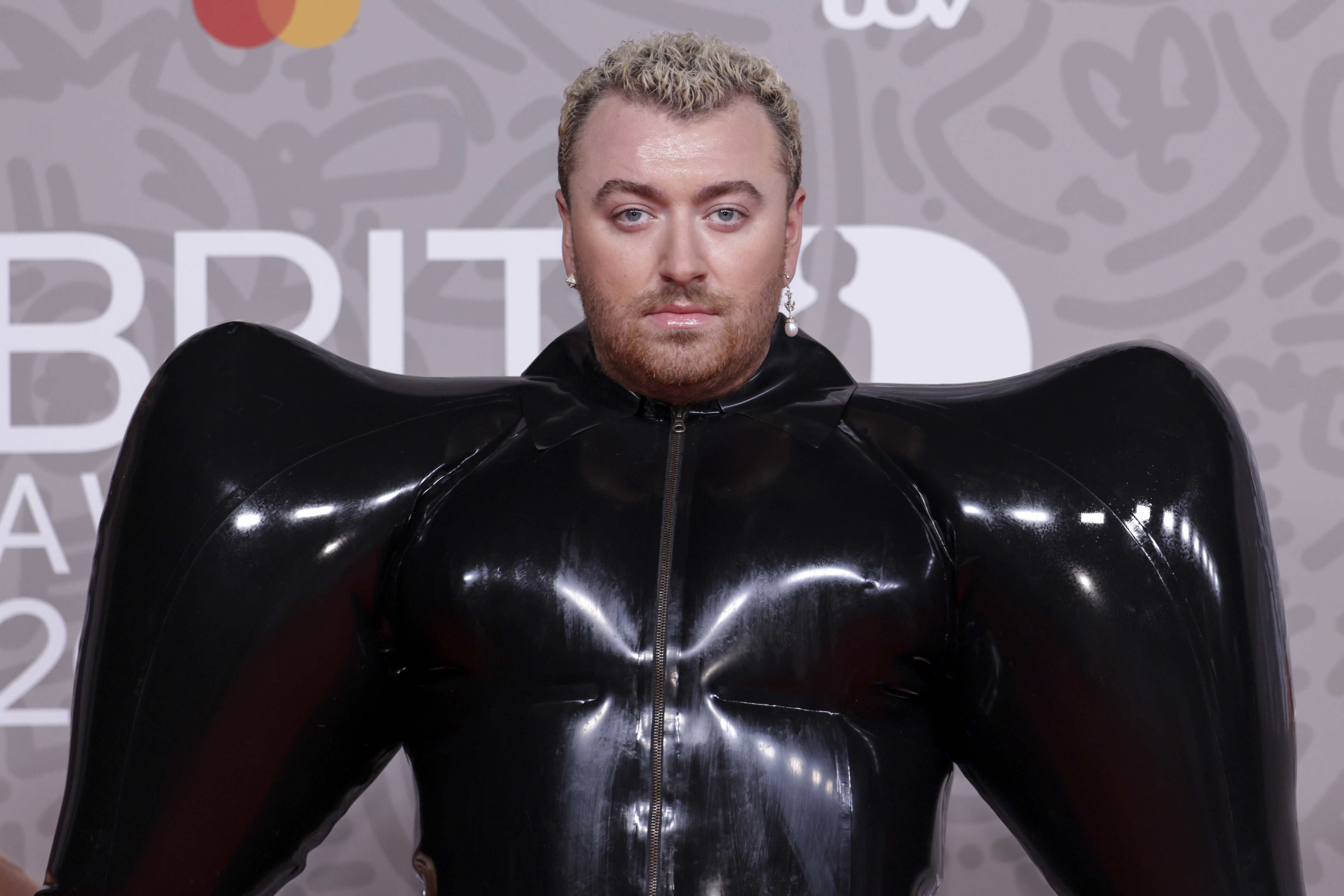Weekdays at 12 p.m. PST, we’ll be streaming the latest updates on the coronavirus outbreak utilizing our newsrooms across the country. If you miss the live report, you’ll be able to see a replay minutes after the stream ends.
Nearly 3 million laid-off workers applied for U.S. unemployment benefits last week as the viral outbreak led more companies to slash jobs even though most states have begun to let some businesses reopen under certain restrictions.
Roughly 36 million people have now filed for jobless aid in the two months since the coronavirus first forced millions of businesses to close their doors and shrink their workforces, the Labor Department said Thursday.
Still, the number of first-time applications has now declined for six straight weeks, suggesting that a dwindling number of companies are reducing their payrolls.
Here are some of AP’s top stories Thursday on the world’s coronavirus pandemic.
WHAT’S HAPPENING TODAY:
__ Whistleblower Dr. Rick Bright warned the U.S. lacks a plan to produce and fairly distribute a coronavirus vaccine when it becomes available. Bright told a congressional panel the nation could face “the darkest winter in modern history” unless leaders act decisively.
__ The Wisconsin Supreme Court has struck down Gov. Tony Evers’ stay-at-home restrictions. The ruling means the state is essentially reopened ahead of the May 26 expiration date of Evers’ order, lifting caps on the size of gatherings, allowing people to travel as they please and allowing shuttered businesses to reopen.
__ Some school districts around the United States are calling an early end to the school year and pulling the plug on distance learning. Instruction is ending early for one of every 10 students in Georgia as well as other districts including Omaha, Nebraska, and Washington, D.C.
__ Hundred of people angry over Michigan’s coronavirus stay-at-home order protested again outside the state Capitol on Thursday, braving heavy rain to call for business owners to reopen in defiance of Gov. Gretchen Whitmer. The demonstration was smaller than previous larger rallies, at least early on.
__ President Donald Trump says the coronavirus pandemic showed he was “right” about the importance of U.S. manufacturing and moving supply chains out of China, as he blamed that country anew for not doing enough to slow the pandemic. Trump’s comments came before he travels to Allentown, Pennsylvania, to highlight a U.S. medical equipment distributor while he tries to convince the American public it’s time for states to begin to reopen, even as the virus continues to spread.
__ French pharmaceutical group Sanofi says it will make its COVID-19 vaccine, when ready, available in all countries. The statement came hours after the company’s CEO said the United States will get first access.
__ The European Commission has suspended the delivery of 10 million Chinese masks it purchased for health workers after two countries complained about the poor quality of the batches they received. After a first batch of 1.5 million masks was shipped to 17 member states and Britain, Poland ’s health minister said the 600,000 masks Polish authorities received did not have European certificates and failed to comply with the medical standards required.
___
WHAT YOU NEED TO KNOW:
For most people, the coronavirus causes mild or moderate symptoms, such as fever and cough that clear up in two to three weeks. For some, especially older adults and people with existing health problems, it can cause more severe illness, including pneumonia and death. The vast majority of people recover.
One of the best ways to prevent spread of the virus is washing your hands with soap and water. The U.S. Centers for Disease Control and Prevention recommends first washing with warm or cold water and then lathering soap for 20 seconds to get it on the backs of hands, between fingers and under fingernails before rinsing off.
You should wash your phone, too. Here’s how.
TRACKING THE VIRUS: Drill down and zoom in at the individual county level, and you can access numbers that will show you the situation where you are, and where loved ones or people you’re worried about live.
___
ONE NUMBER:
__ 200 BILLION: The pandemic will cost the insurance industry over $200 billion, according to Lloyds of London, who estimated that its own payouts are now on a par with the Sept. 11, 2001 attacks or the combined impact of hurricanes Harvey, Maria and Irma in 2017. Lloyds, which as an insurance market pays out to insurers affected by disasters, says it expects to pay between $3 billion and $4.3 billion to insurance companies to help them cope with the COVID-19 pandemic.
__ A BETTER VIEW: An operator of mobile platforms saw his equipment stand idle and realized too many families couldn’t see their locked down elderly relatives. So he’s driving cranes to care homes in several towns across Belgium. Families are carried upward in front of the window of an elderly relative.
__ NO KISSING ALLOWED: There will be no more kissing the ball for good luck in South American soccer. And forget about exchanging jerseys, spitting or blowing noses on the field. The governing body of soccer in the region has released a series of specific regulations amid the coronavirus pandemic to protect everyone’s health when the Copa Libertadores, the continent’s biggest club competition, eventually resumes.
___
Latest Stories:
